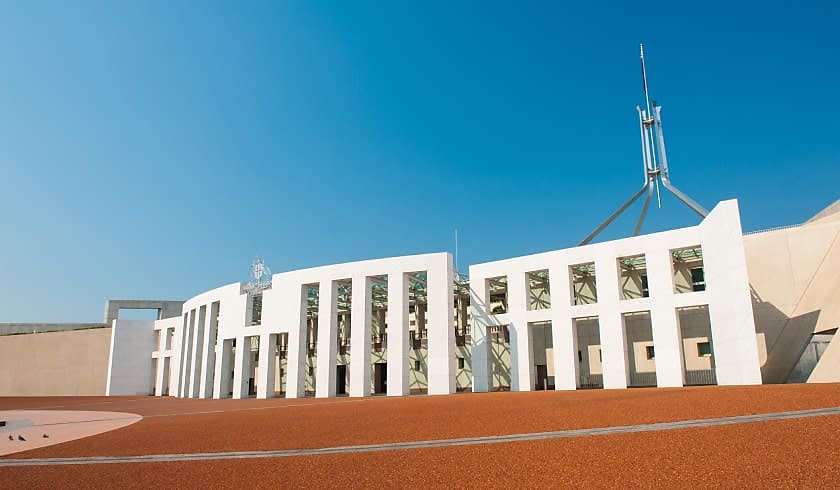Bill to lower downsizer age passes both houses
The bill to reduce the eligibility age for downsizer contributions down to age 55 has now passed the Senate and awaits royal assent.

Treasury Laws Amendment (2022 Measures No. 2) Bill 2022 has today passed both houses of Parliament.
The bill lowers the age that individuals can make downsizer contributions to their superannuation from the proceeds of selling their house from the age of 60 down to age 55.
The amendment will commence from 1 January next year.
Downsizer contributions allow eligible individuals to make a contribution of up to $300,000 to their super from the proceeds of the sale or partial sale of their home without it counting towards their contribution caps.
In order to be eligible, the individual or their spouse must have owned their home for 10 years or more prior to the sale. The home must be in Australia and cannot be a caravan, houseboat or other mobile home.
The downsizer contribution must also be made within 90 days of receiving the proceeds of sale, which is usually at the date of settlement.
Colonial First State (CFS) senior technical manager Tim Sanderson previously explained that there are a number of things that advisers need to consider with downsizer contributions, particularly with younger clients.
Where there is a younger client planning to make a downsizer contribution, advisers and their clients need to carefully consider the preservation age, Mr Sanderson said in a recent CFS podcast.
“They won’t have access to the funds till after they meet a condition of release such as retirement, which may not be until age 65,” said Mr Sanderson.
“You need to be very careful when considering whether or not they may need access to the funds because they may not be able to for up to 10 years.”
Advisers should also consider how much cash the client has to contribute to super and whether making a downsizer contribution is actually a viable strategy, he said.
“For many people, utilising the bring-forward rule and contributing up to $330,000 may be sufficient and allows clients to save their once-off ability to make a downsizer contribution for the future,” he explained.
“On the other hand, if a couple has a lot of cash available, it may be advantageous to make a downsizer contribution in addition to a non-concessional contribution. This can be particularly tax-effective for individuals who are still working and on a higher marginal tax rate.”
Downsizer contributions have been a popular measure, with Australian Taxation Office figures from the end of the March quarter this year indicating that over 41,000 Australians had sold their home and collectively contributed over $10 billion into superannuation.

